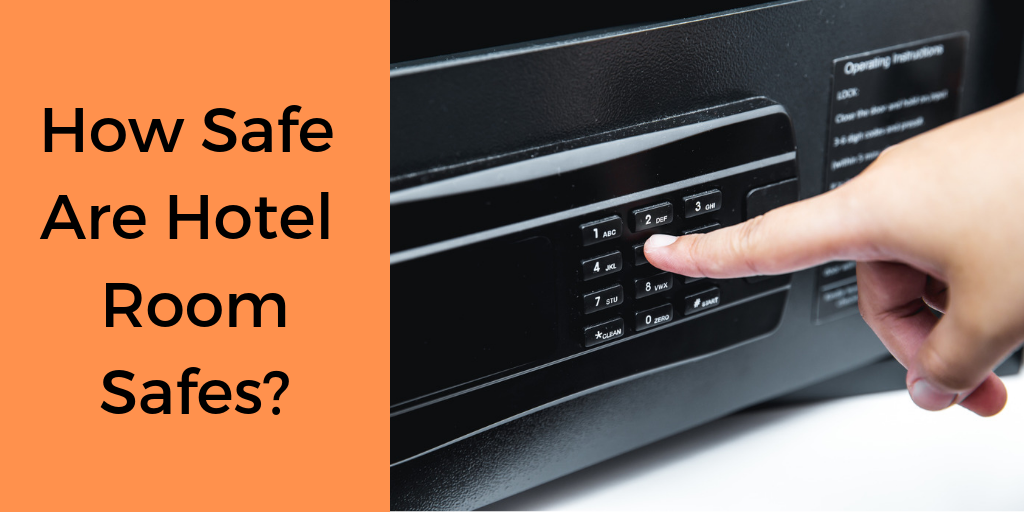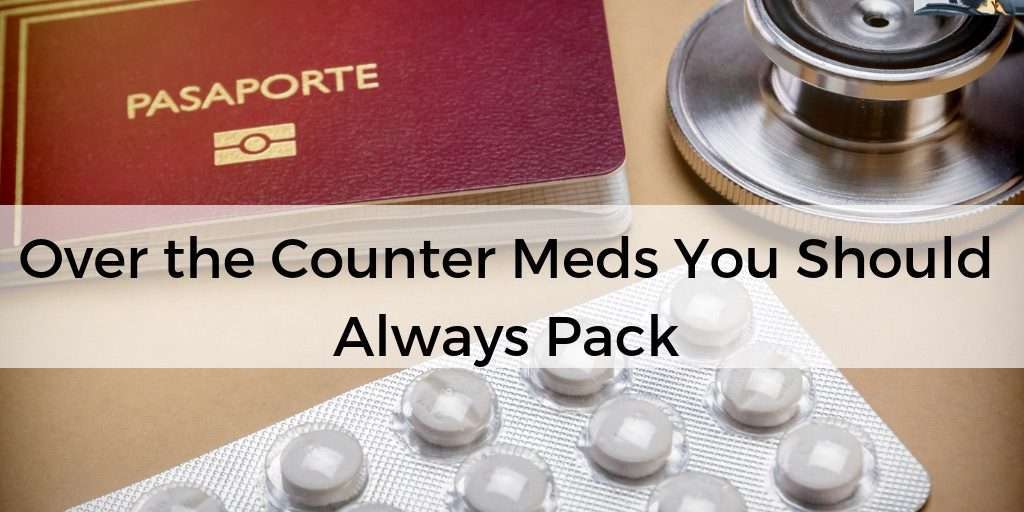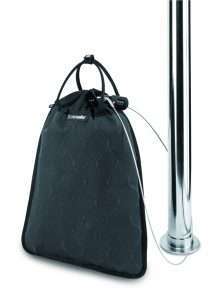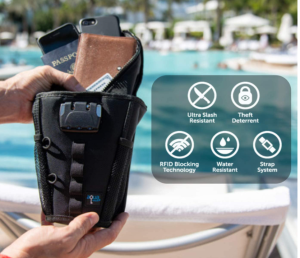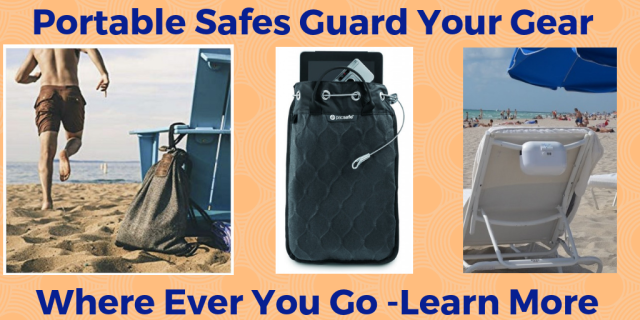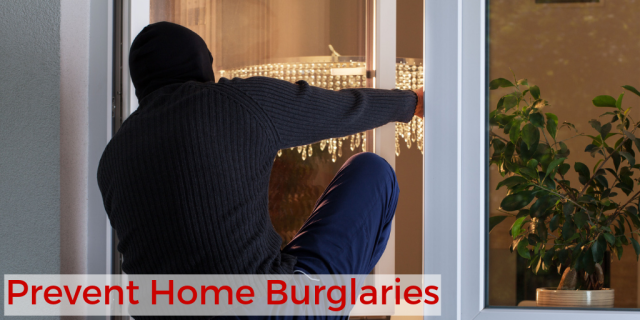Which Portable Door Lock / Alarm is Best for Your Travel Needs?
A sense of security at home or while traveling is important. If you live in a rental property, the landlord has access to your place, and it’s possible that former tenants might, too, if they still have a key. If you have roommates, being able to lock the bedroom door can provide an added feeling of security. Feeling safe when you’re at home, or traveling can sometimes be challenging.
The solution to these concerns over security and privacy is a portable door lock. A portable door lock or a door stopper with an alarm can offer peace of mind for you and your family whether on vacation, for an overnight stay, or at home. Do you have a student in a dorm? Are you staying in a vacation rental or cabin? Chances are that many of these locations reuse the keys and there is no telling who has a copy.
Portable door locks for home and travel
Portable door locks are essential upgrades for your security at home while traveling or anywhere you feel the need for additional personal security. Great for the traveler, renter, or homeowner who wants to guard against unwanted entry. These secondary security door locks are perfect as they protect and don’t damage the door or the door frame.
A portable travel door lock can only be applied to your door if you are in the room; it cannot be applied to your door if you are out of the room. If you’re waiting for someone else to return to the room, they will not be able to get in if you’ve applied one of these secondary door locks to the door.
There are several styles of portable or temporary door security locks on the market, each with different features. See which meets your needs.
Related: Why you need to pack a portable safe
Door Jammer Portable Door Security Device
Designed to fit a wide range of inward-opening doors, this portable door lock uses the principle of counterforce to help prevent the door from opening as force is being applied to the door from the other side. Attach it to your door, and no one can enter, even with a key! (Stops entry even with a master key) Easy to use, you slip this under the door to install and give it a few twists to keep it in place. Removes easily and quickly by pulling up on it. The door jammer is designed to work on various types of flooring – carpet, tile, wood, laminate, or concrete. Carry it onboard your flight – TSA Friendly. Read more about the Door Jammer.
Portable Door Lock
Made from heavy-gauge steel. The Portable Door Lock is effective on both lever and knob style doors. It works only on doors that swing inward toward the living space. This portable lock can be used on almost all internal doors that open towards the area to be secured. It makes the lock inaccessible from outside the room, even if someone has a key to the room. This secondary door lock works by hooking the claw on the stainless piece into the strike plate on the door frame, next you close the door, and finally, you slide the red piece tight against the door. Read more about the portable door lock.
Travel Door Alarm with LED Flashlight
This Door Alarm is easy to use and fits most hotel doors and windows. Hang the door alarm on the inside handle of your hotel door. It works on lever and knob-style doors. If the opening of the alarmed door is attempted, the contacts wedged between the door and door frame dislodge and emit a piercing 120-decibel alarm. It doesn’t stop the door from being opened but alerts you and the intruder of the breach. The benefit of this design is it can work on doors that do not easily accommodate other styles of secondary door locks. Click here to read more.
Door Stop and Alarm
This product does two things. First, it stops the door from being opened (other than just a small amount), and second, it emits an alarm alerting the intruder and you of the attempted entry. Great for home, think back doors, doors from the garage to the house, the front door, plus of course, travel. Have peace of mind in your vacation rental or hotel. This item requires a battery to emit the alarm, it will, however, still work as a door stopper if the battery is not installed or if the alarm is turned off. Read more about this clever device.
The Lock Locker
This device secures deadbolt locks. The Lock locker stops the deadbolt from opening even if a key is used. Stops copied keys, lock bumping, and lock picks. This device helps keep you safe at home, at hotel vacation rentals, and in cabins that have a deadbolt-style lock. The Lock Locker is specifically designed to lock and keep locked the common deadbolt. While criminals have many ways to enter a home they most often attempt to enter through doors first. Keeping points of entry secured should be the top priority for security-minded people. The Lock Locker is specifically designed to keep your doors with deadbolts locked while you are in the home. Click here to read more.
Door Brace
This item is designed more for homes than for packing and traveling with, although it can telescope down to 24 inches so it can fit in some larger bags. It installs easily under the doorknob to prevent it from being opened even with a key. This item uses the same principle as a chair placed under a doorknob for security. Learn more
Addalock
This portable door lock installs in seconds and is easy to travel with due to its compact size. It can be used on most doors that are hinged and swing inwards. A cost-effective solution for security. Learn more
Door Knob Lock-Out Device
It can be used in any situation where you want to prevent others with keys from unlocking the doorknob to your space after you leave. This lock-out device is often used in evictions, rentals, home sales, on job sites, in-home, in-offices, and more. This knob lock-out device is used to prevent access to a standard doorknob. Here’s more information
Portable Motion Detector and Alarm
This portable motion detector with an alarm is designed to be set up to catch motion like a door opening or a patio sliding door moving. Once it does detect motion it emits an alarm. The alarm alerts you to the breach with its motion-detecting 100dB alarm if someone enters the protected area and hopefully will scare the perpetrator away.
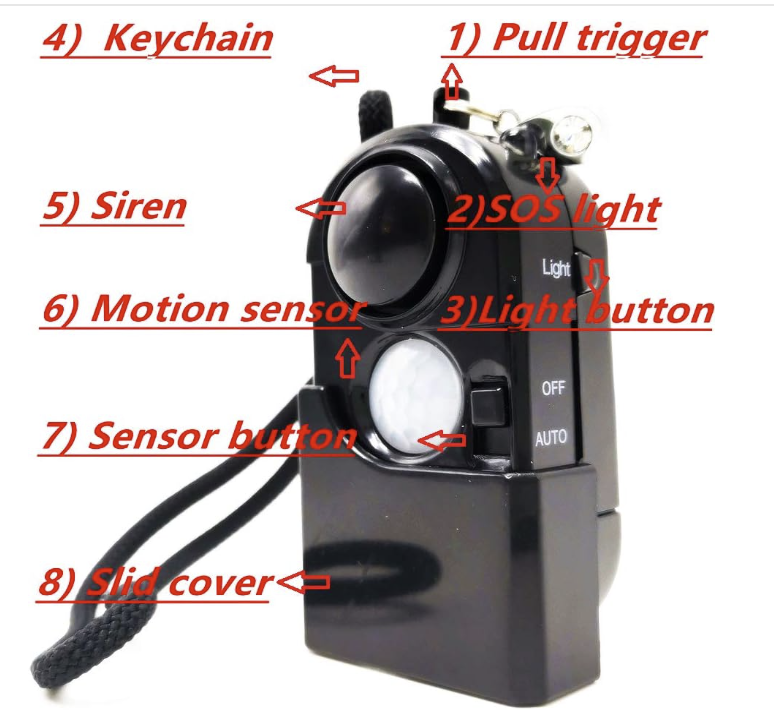 Portable Mini Motion Detector Alarm
Portable Mini Motion Detector Alarm
This portable motion detector with an alarm is designed to be set up to catch motion like a door opening or a patio sliding door moving. Once it does detect motion it emits an alarm. The alarm alerts you to the breach with its motion-detecting 100dB alarm if someone enters the protected area and hopefully will scare the perpetrator away. This unit can be placed anywhere, which is ideal for travel, or you can mount it on the wall or ceiling for a more permanent solution. This alarm unit can protect a zone up to 15 feet out and 60 degrees vertically and horizontally. Read more about this device.
What Makes a Good Portable Door Lock?
A portable door lock should be small and lightweight so it fits in your carry-on luggage. That way, you will always be inclined to pack it. One personal trick I use to make sure I always travel with one or two of these devices is to keep my travel door locks with my toiletry bag, as I always pack that.
The device should also be easy to install. If it is easy to use, installing it every time you close and lock the door will become a habit, and that’s what you want for your or your loved one’s peace of mind.
Any portable lock you select to travel with should meet your expectations for strength and effectiveness. And that might change as you apply your door lock to different doors. One design of a portable door lock may be more or less effective depending on the door and/or door frame you are using it on. Be prepared and have a couple of security on hand.
Final Thoughts
This selection of portable door locks will work in various scenarios, some better than others, given the door’s configuration. If you’re serious about security, you may need to select two of these devices so you’re prepared for the different styles of doors you will encounter.
Please Note: Using any door stop, door deadbolt, chain, or similar device could delay emergency personnel from entering the room in case of emergency. Consider all scenarios prior to engaging these types of devices. The purchaser assumes any and all risks and takes full responsibility and waives any claims of personal injury, death, or damage to personal property. Always read and follow the manufacturer’s usage brochure.
More Articles You May Like



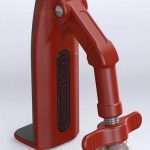
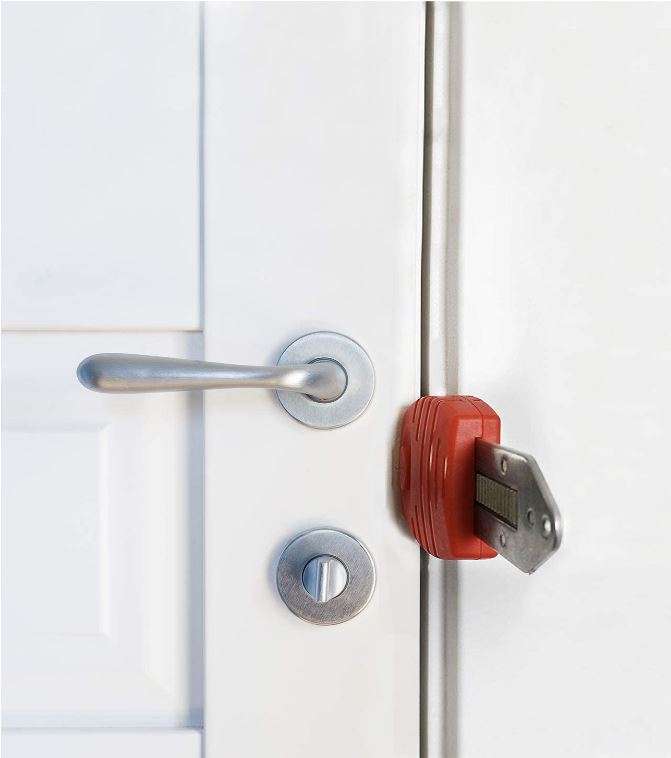
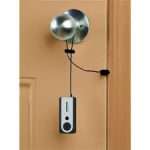
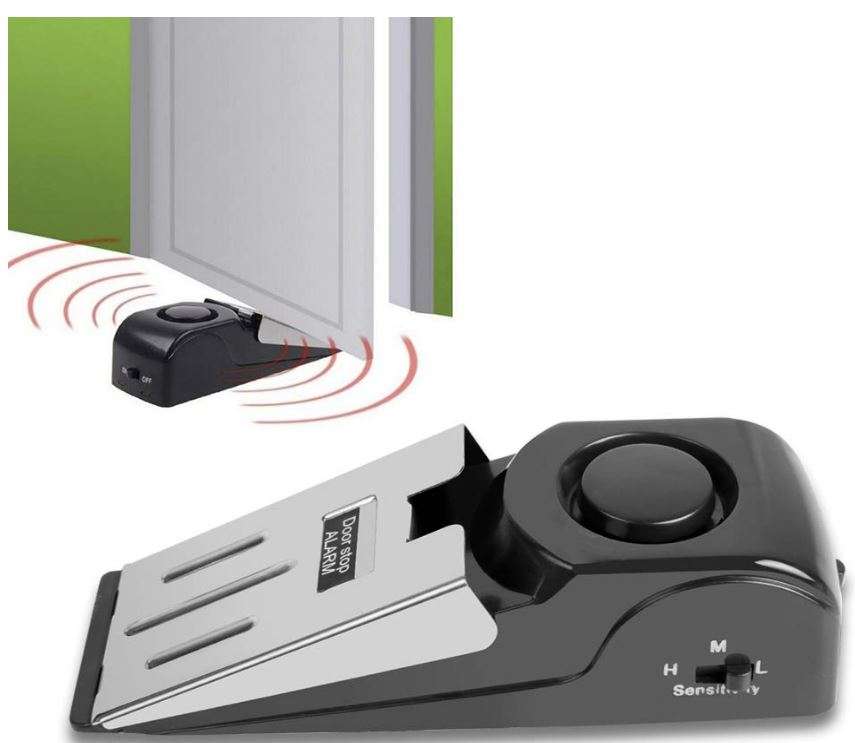
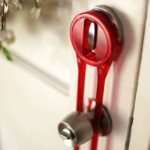
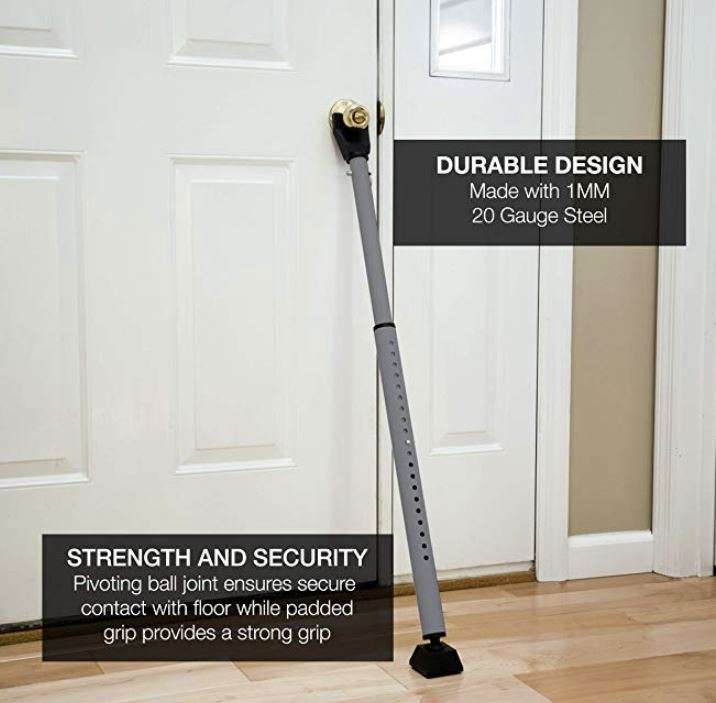
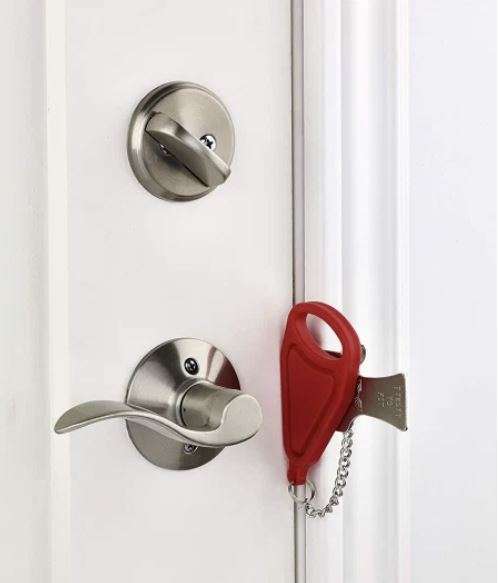
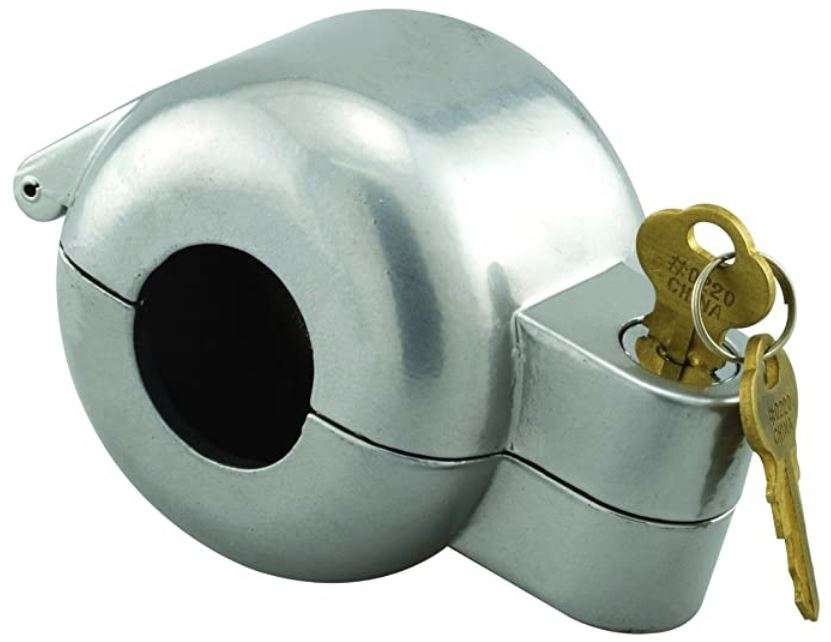
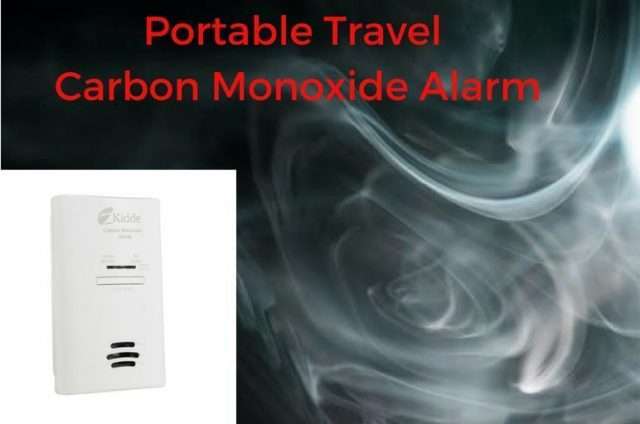
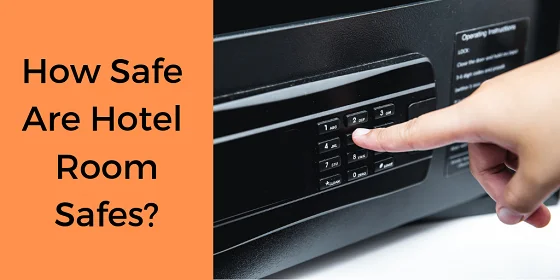
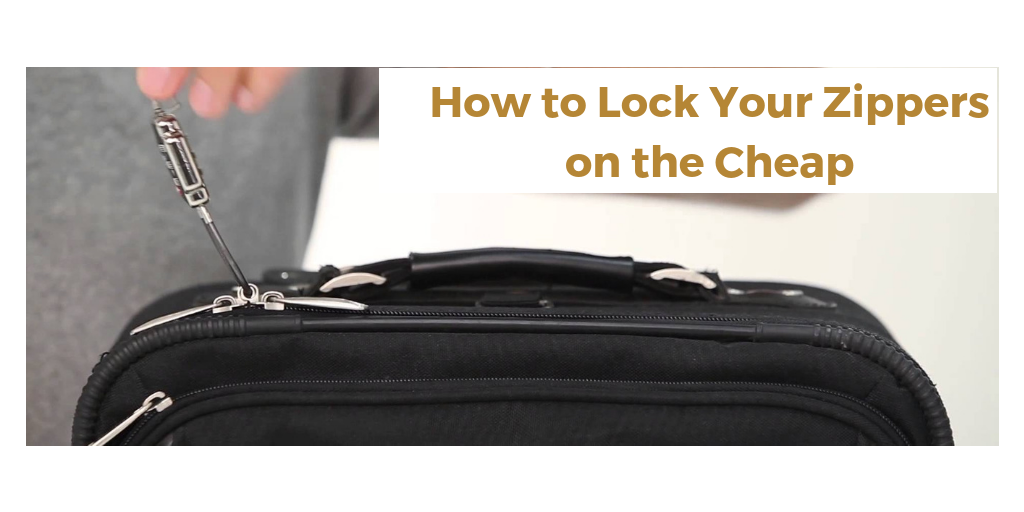
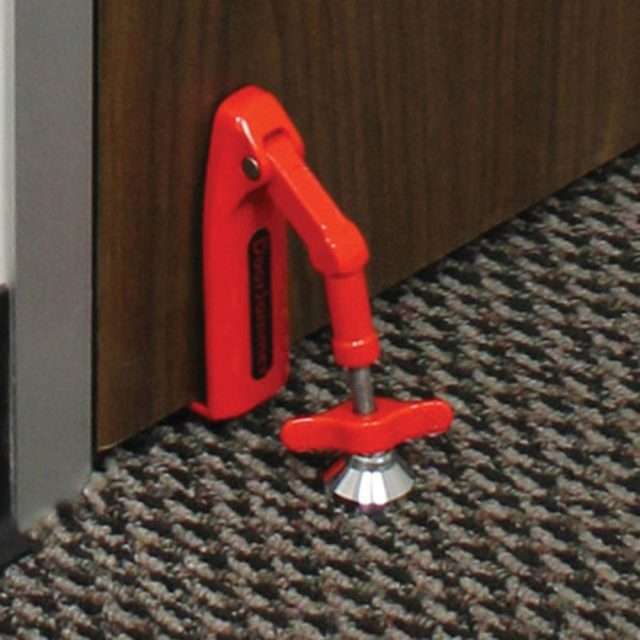
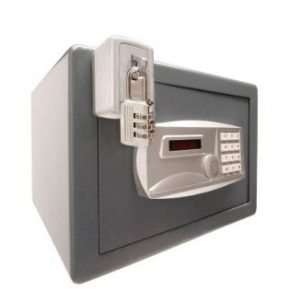
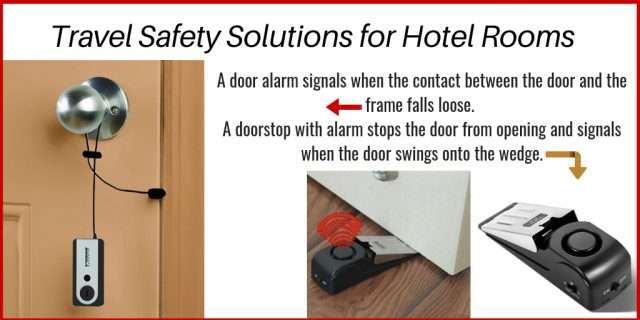
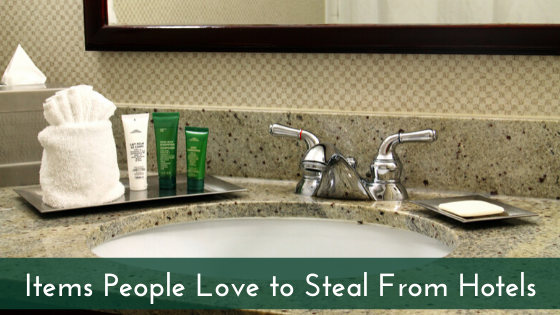
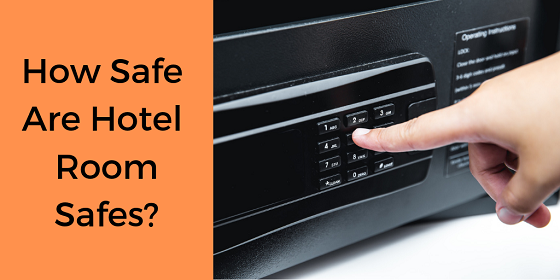
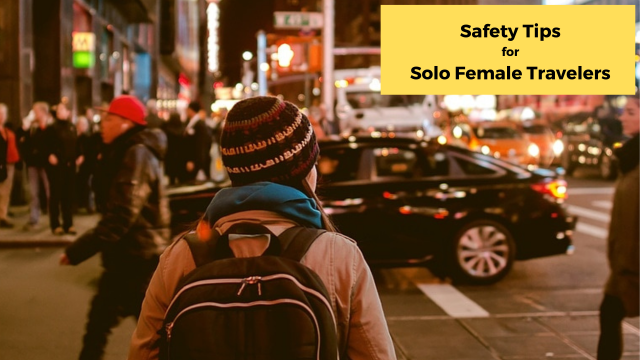
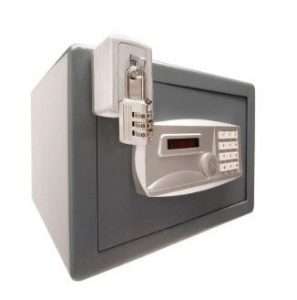
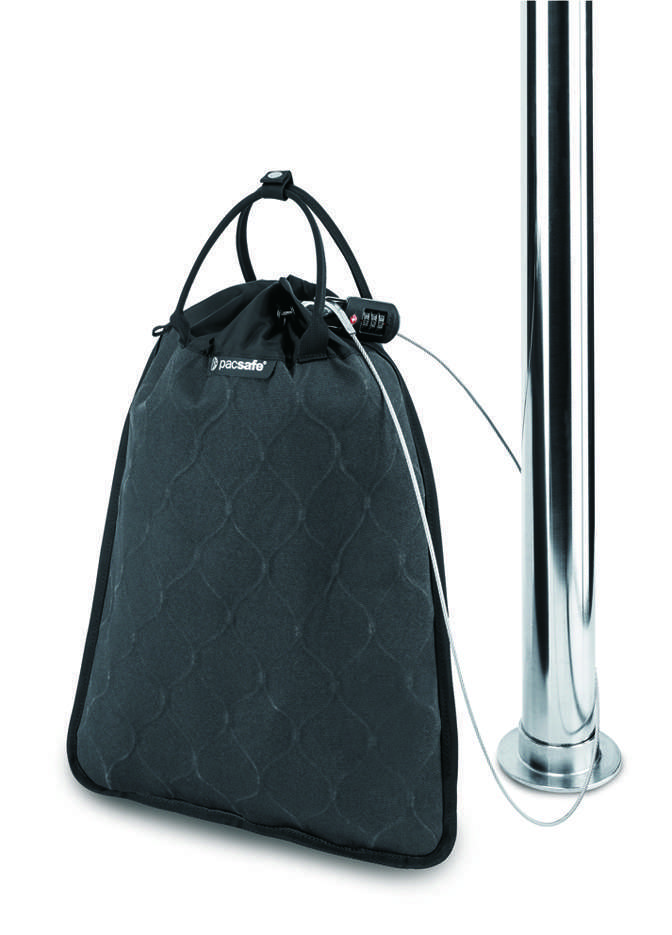
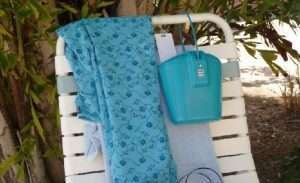
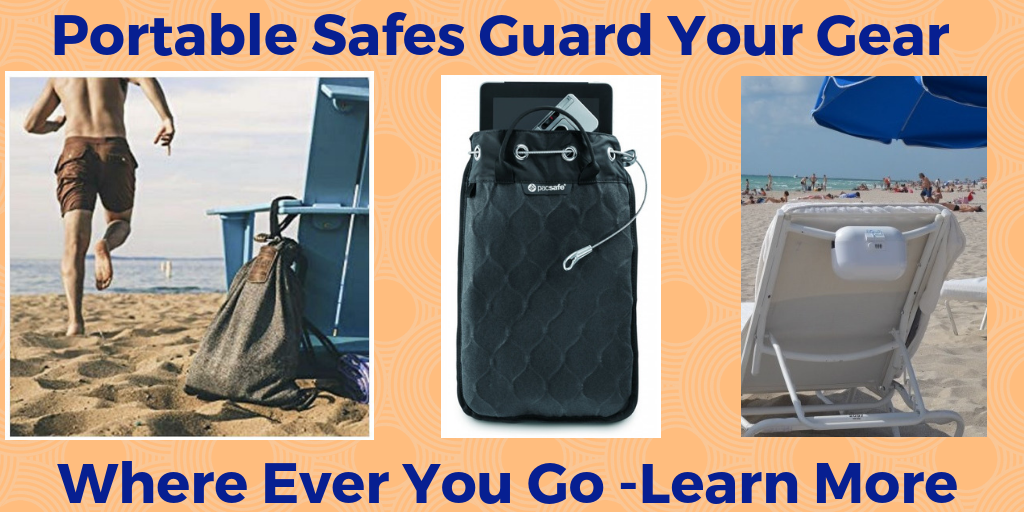
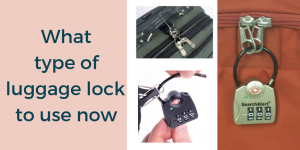
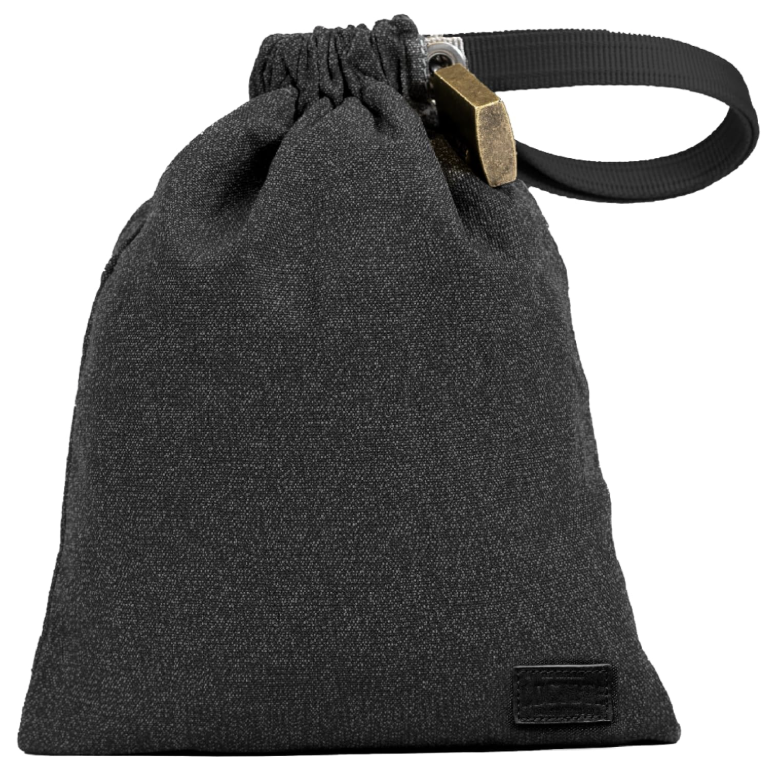
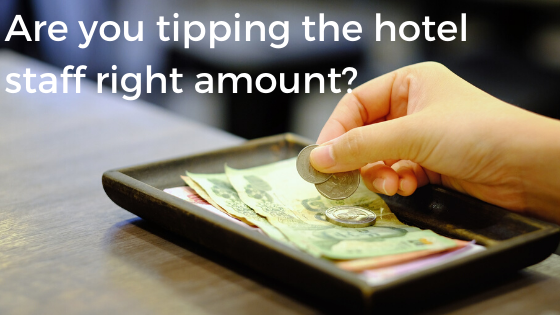
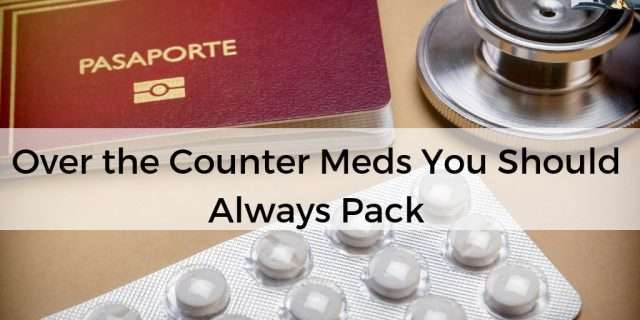
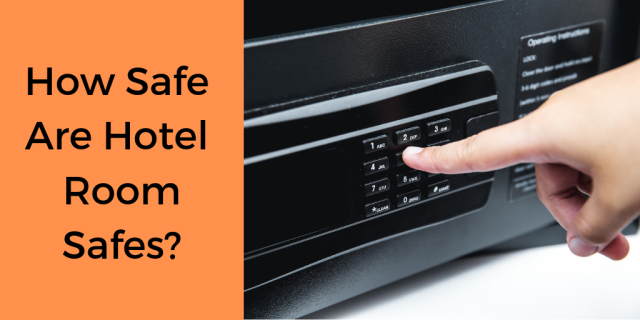
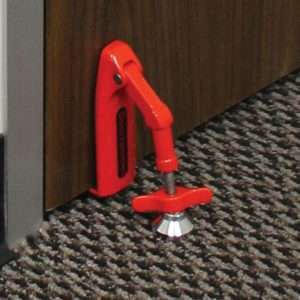
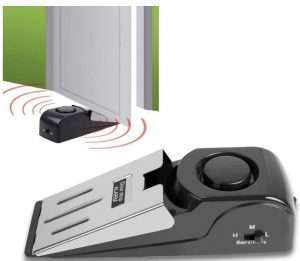
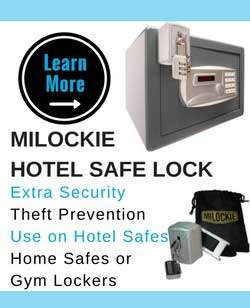
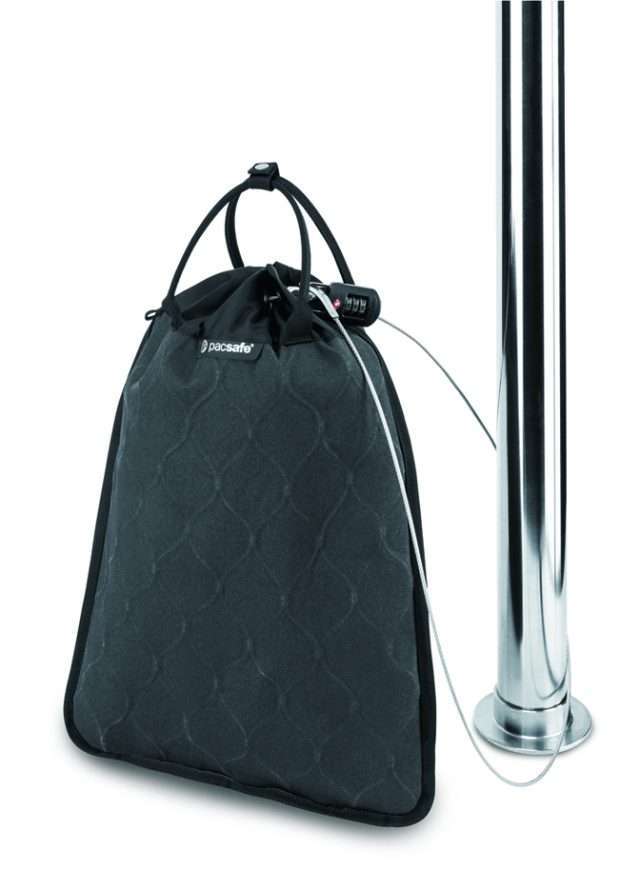
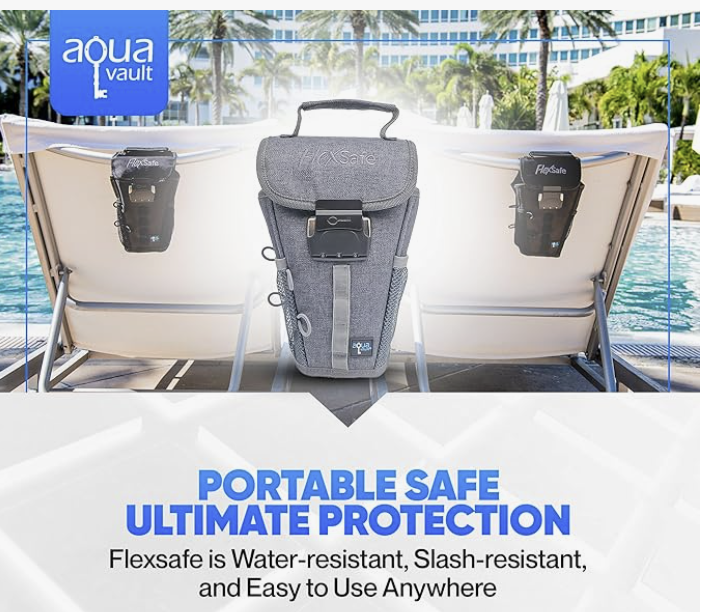
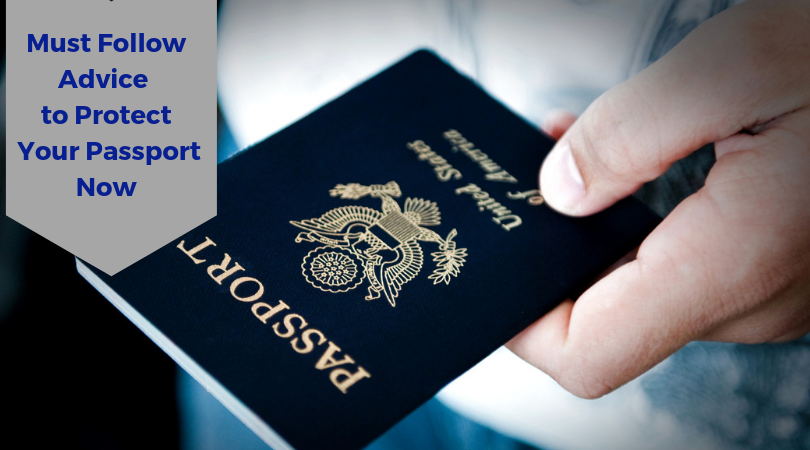


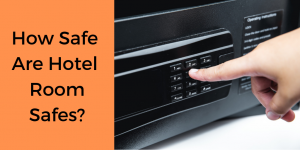
 ns
ns